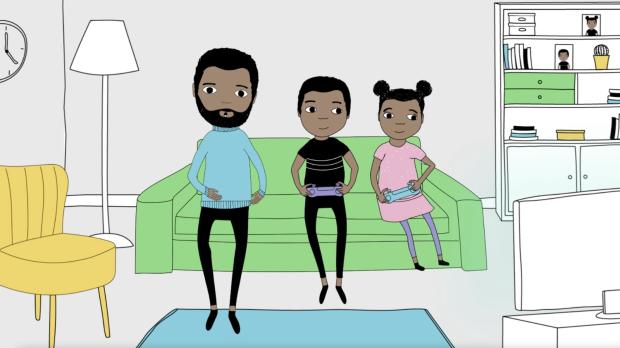We asked Will Gardener, CEO of Childnet, and Suzanne Taylor, Assistant Director Impact - Child Sexual Abuse and Exploitation at Barnardo’s, to answer some of your questions about keeping children safe online.
How do I keep my child safe online? What age should I speak to my child about online safety? How do I keep up with an ever-changing online landscape?
While the internet has created fantastic new opportunities for children to learn, play and connect, we know it has created some big risks as well. A 2021 Office for National Statistics (ONS) report found that nearly a third of children had accepted a friend request from someone they did not know and around 1 in 10 children (11%) aged 13 to 15 years reported receiving a sexual message, while 1 in 100 reported sending a sexual message.
Read Will and Suzanne's answers to frequently asked questions about keeping children safe online.
What types of harms do I need to be aware of as a parent?
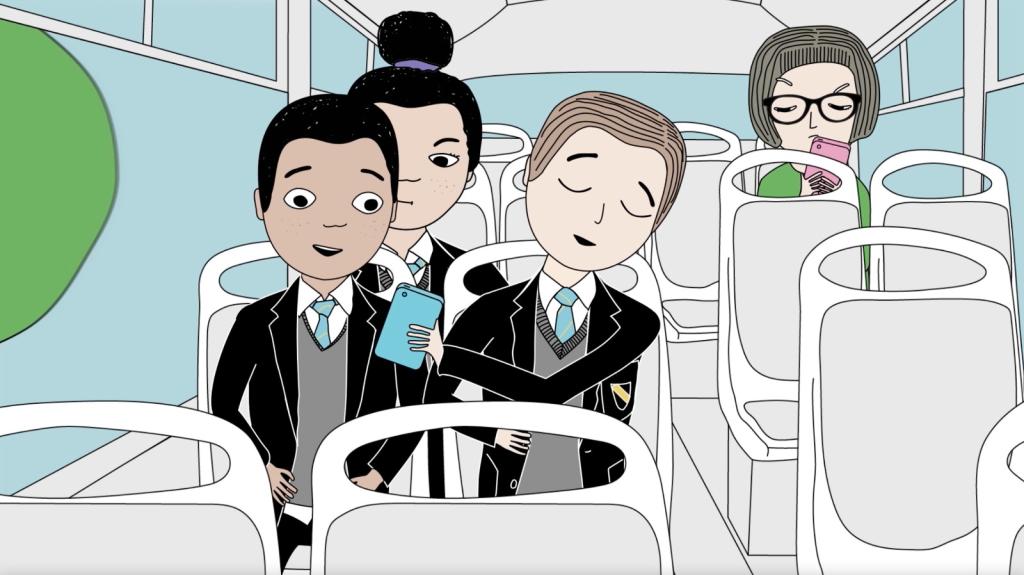
Suzanne:
There are different types of inappropriate, concerning and illegal content online. From bullying, violent videos and ‘sexting’ to blackmail. We know that those that want to harm our children can use chat rooms, gaming and social media to befriend and groom children.
Children tell us that they can be quickly exposed to content they didn’t search out. Therefore, it’s vital not to blame children and keep calm if you are faced with this as a parent. The responsibility always lies with those that want to harm.
The risk of online harm differs by age and what they are doing online. So, finding age-appropriate ways to educate our children is essential.
The Child Exploitation and Online Protection Command (CEOP) have some great animations to show younger children. Plus, they’re split into age brackets with key messages you can revisit as a parent.
What age should you start to talk to your child about online safety?
As soon as your child shows an interest in engaging with technology, it’s time to begin sharing simple online safety strategies with them.
Will Gardener
CEO of Childnet
Will:
For younger children, it’s best to use technology together and use that time to discuss what to do if something unusual or scary pops up. As they get older, they will need more independence, but keep those conversations about online safety going. Remind them to tell someone if they need help, are worried or something makes them feel uncomfortable.
Suzanne:
Children tell us conversations about the internet and online safety should be frequent and not a one-off.
Regular dialogue allows children to lead the conversation and leaves space for them to ask questions and share concerns. For older children, it allows us to explore what they are doing online. These conversations will change as they grow and mature but started early, they get easier.
You can find more information about having a conversation with your children on our online safety hub.
Which parental control tools would you recommend? What features should they include?
Will:
Parental controls are designed to help protect children when they go online. Childnet would recommend putting parental controls on the home Wi-Fi and all devices that your children might use. Key features to look out for are content restrictions (to block things like pornography), in-app purchases and time limits.
There are companies who will charge money to provide parental controls, but most Wi-Fi services, devices and apps have parental controls that you can use for free. Internet Matters has step-by-step guides on how to put many of these in place.
Whilst parental controls will reduce the chances of your child seeing something they’re not ready for, inappropriate content can still get through. Supervise younger children and keep talking about their online lives. It is also a good idea to test the parental controls yourself and adapt them as your children get older.
Whilst parental controls will reduce the chances of your child seeing something they’re not ready for, inappropriate content can still get through. Supervise younger children and keep talking about their online lives.
Will Gardener
CEO of Childnet
Suzanne:
We all know the saying "do as I say, not as I do". Alongside parental controls, one of the best ways we can protect children is to lead by example. This could mean being aware of your own use of technology, asking children’s permission before sharing a picture of them online or talking about your own digital life. Barnardo’s have partnered with Vodaphone who have some good suggestions on leading by example and being a digital role model for your child.
It’s also important to remember that, as adults, we don’t always understand what teenagers or children like to wear, do and watch on TV. This is the same with what children watch online. But you don’t have to like or understand what they watch, just be aware of whether it’s harmful.
Being a good listener is also vital. Having an open relationship makes it easier for them to tell us if they feel uncomfortable online.
As a parent, how can I stay up to date with platforms, such as TikTok, Snapchat, Instagram, and their safety and settings. What are the biggest dangers to children online right now?
Will:
The dangers that pose the most risk to your child will depend a lot on how they use the internet, what is already being done to keep them safe, and what they already know about using the internet safely and responsibly.
A simple and effective way to hear about the latest online trends or what your child is getting up to is to talk with them about their life online. By maintaining an open dialogue and encouraging them to talk to you about their internet use, parents can help children access the amazing resources and opportunities the internet has to offer whilst keeping them safe.
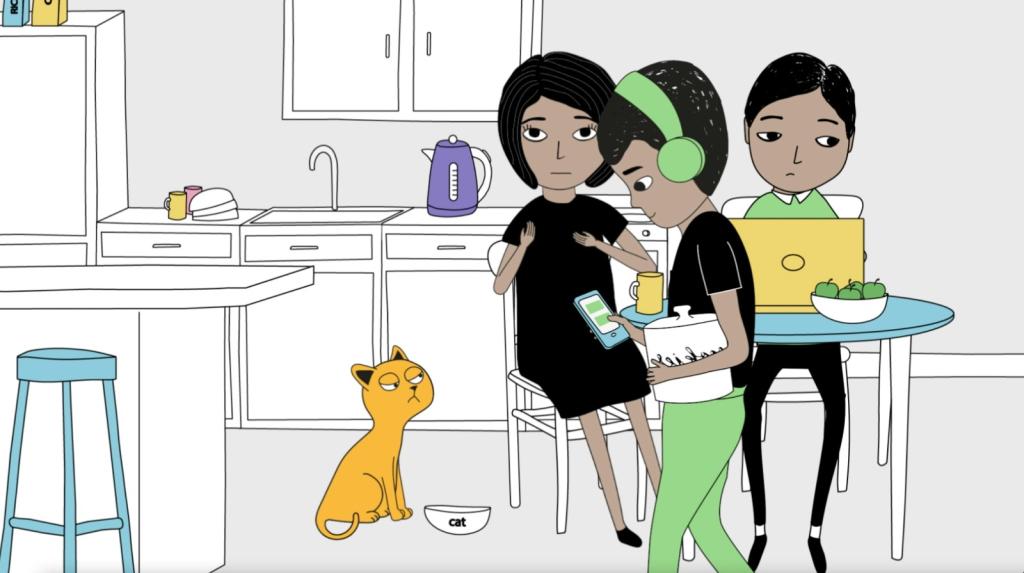
Read Childnet's advice on talking to your child about life online.
Suzanne:
The risks to each child are different depending on what they are doing online and the ever-changing tactics of those who want to harm. Therefore, it is most effective to equip your child with the skills to identify harmful or uncomfortable situations, seek support and offer them regular opportunities through conversation to talk with you.
My advice would be:
-
equip yourself with some basic knowledge by using internet sites
-
ask your child to show you what new apps are
-
speak with other parents or older teens to see what they are doing online
-
ask your child’s school how they are educating children and staying up to date.
Vodaphone also have shared information on apps every parent should know about.
Do you have advice on keeping children safe when they’re using an Xbox or PlayStation?
Will:
The best way to keep your child safe when they are playing games or using games consoles is through discussion. Talk with your child about the games they enjoy playing and where possible, sit down and play these together.
Speak to your child about what else they do on their consoles, aside from play games. For example, what else do they access? Who do they communicate with?
Next, establish and support realistic boundaries with your child, whilst encouraging safe choices. For example, make sure young people know not to share their personal information or anyone else’s when playing online games.
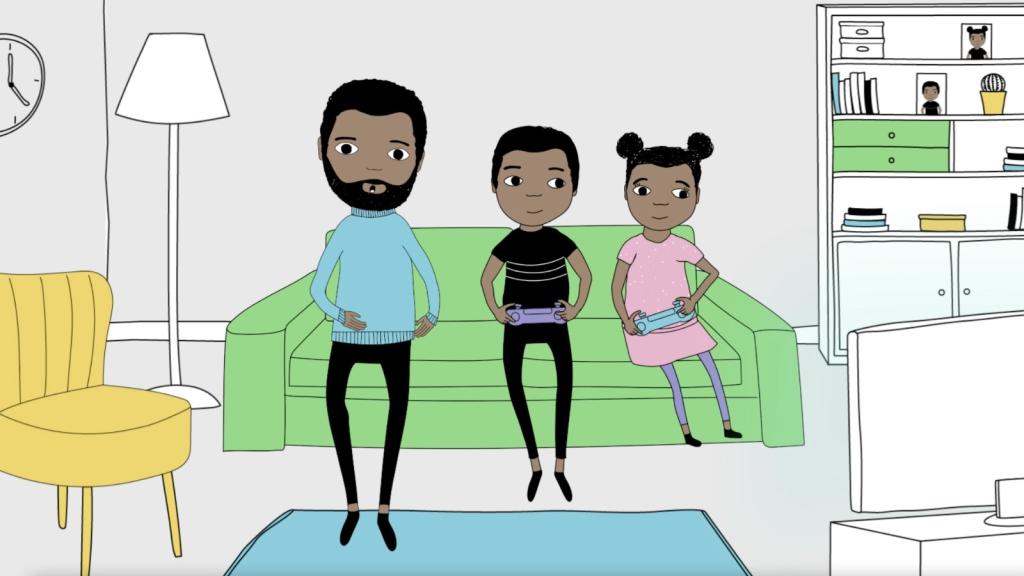
You may also want to think about the amount of time your child spends on these devices or take control of in-app purchases. Childnet’s family agreement has some great ideas for areas to focus on with your family. The UK Safer Internet Centre also has further information specifically relating to the use of games consoles.
Internet Matters and Thinkuknow are excellent tools to explore parental controls available through games consoles.
How can I report someone who has contacted my child with inappropriate content?
Will:
Online grooming is where someone befriends a child online and builds up their trust with the intention of exploiting them and causing them harm. For more advice about grooming and the forms it can take, you can visit Childnet’s advice page on online grooming.
If you are worried your child is being groomed online or sexually exploited, you should report your concerns to CEOP. CEOP is the Child Exploitation Online Protection command, part of the National Crime Agency.
Visit our online safety hub
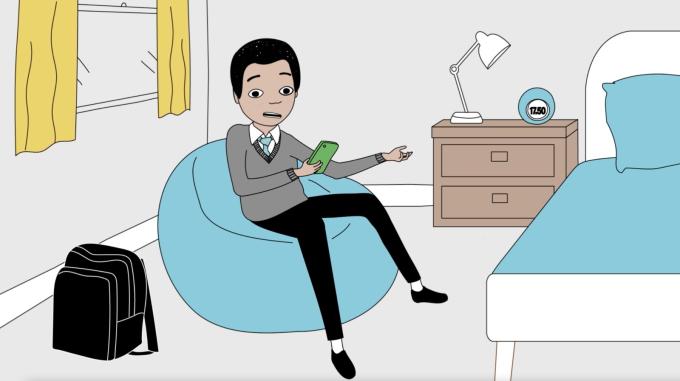
Keeping children safe online: how to start the conversation
Struggling to talk about online safety with your child? Here are some expert tips on how to start the conversation.
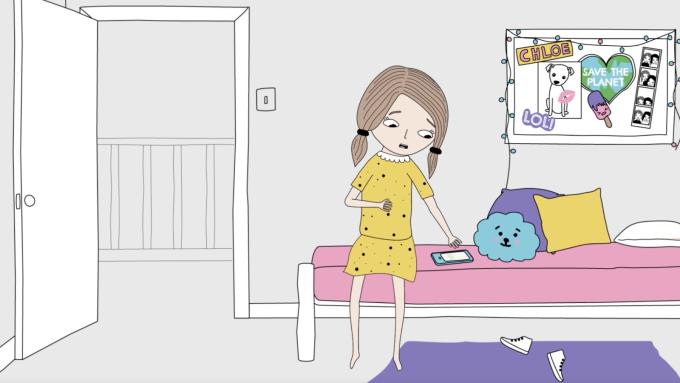
Are you following these 5 tips to keep your child safe online?
Here are some basic steps you can take to support your child to stay safe online.
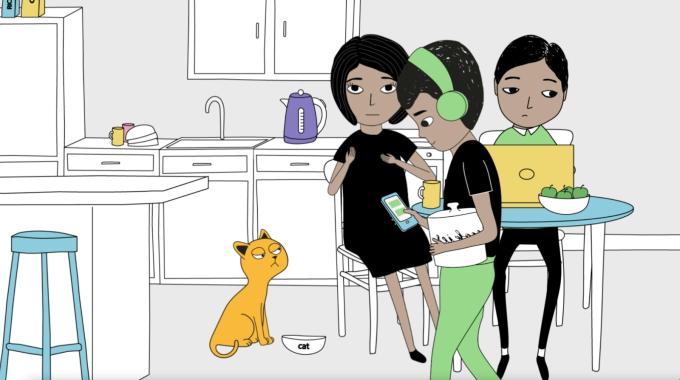
Online pornography and age verification: what parents need to know
This guide from the BBFC outlines what you need to know for when the time comes to speak to your child about online pornography and how to broach those tricky conversations
*According to Government statistics, in 2016 pornography was accessed 1.4 million times by UK children every month. That number is likely to be higher now due to the increase in time spent online during and post pandemic.
Imagery by Popla Media


